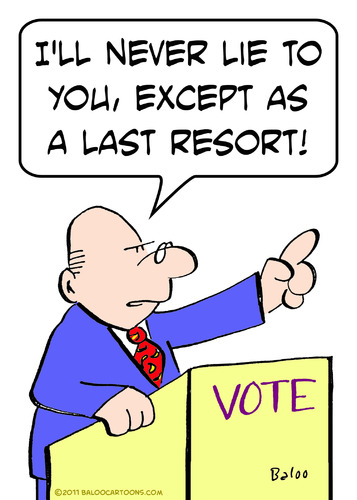Two Truths and a Lie
Blog Series by Government Affairs Manager Brian Fauls
To view previous posts in this series, click here.
In efforts to hold our elected officials accountable, the Northern Virginia Chamber Alliance issues a scorecard every year with records of what was voted on by those representing the alliance in the Senate and House of Representatives. (full press release)
I was a huge fan of the T.V. show House, which ran on Fox for about eight years in the mid-to-late 2000s. But, as much as I enjoyed it, I also recognized that it was a very odd show that probably enjoyed success in spite of itself not because of itself. After all, the main character, Dr. Gregory House (played by the incredible Hugh Laurie), is a pain medication-addicted, pain-in-the-a**, misanthrope whose personal and professional credo is: everybody lies.
While House’s credo serves him in good steady in the T.V. show, it is probably not a good strategy to live one’s actual life by. And yet, the reality is, and scientific studies have examined this, virtually everybody, lies. Some lies we tell are whooping great big ones, but most are those little white fibs we tell – like the fish you caught was a foot long when it was really only an inch long. Even so, those fibs are still, technically, lies.
We kind of all know this fact and we kind of all accept that a degree of lying is a part of human nature. Interestingly, though, we presume that certain people lie more than others. The two most frequently cited examples are used car salesmen (or car salesmen in general) and politicians. In fact, a major theme in our current crazy presidential election seems to me to be about lying. Think about it, one candidate is accused by some of doing nothing but lying. On the flip side, some people are fervently hoping the other candidate is doing nothing but lying because said candidate is saying some things they think are pretty wacky. Heck, an entire industry has grown up to ‘fact check’ the statements made by politicians.
Politicians may or may not lie more than others but they are human, so some shading of the truth in some circumstances is probably going on. But how to know when that shading is happening? What’s a voter to do? Well, as President Ronald Reagan put it, “trust, but verify.” It’s not enough for an elected officials to simply say they support your issue or bill, when given the chance, did they actually vote for your issue or bill? In other words, watch what they do, not what they say.
To be fair, you also have to understand the context of a vote. The bill may seem on the face of it to be very reasonable and something you support. But, it could have had a poison-pill buried in it that you don’t know about. Think about it this way, it really sucks to learn that that ONE guy was right to be suspicious of that alien book entitled “To Serve Humans,” by watching the population of San Francisco being turned into soylent green and eaten.
Nevertheless, trust but verify is a pretty safe rule of thumb. Yes, it requires some work on our part as voters, but democracy is not a spectator sport, and it works best when the electorate is engaged and informed. So, get out there and verify.
The Northern Virginia Chamber Partnership is a collaboration between the Dulles Regional, Greater Reston, Loudoun County, and Mount Vernon Lee chambers of commerce. In an effort to recognize those members of the northern Virginia delegation who support the Partnership’s priorities for the 2016 session, the Partnership once again produced a scorecard based on votes taken on identified priority legislation during the session. The scorecard can be found online here.
Image via Google Images / ToonPool.com, Artist “Baloo”
